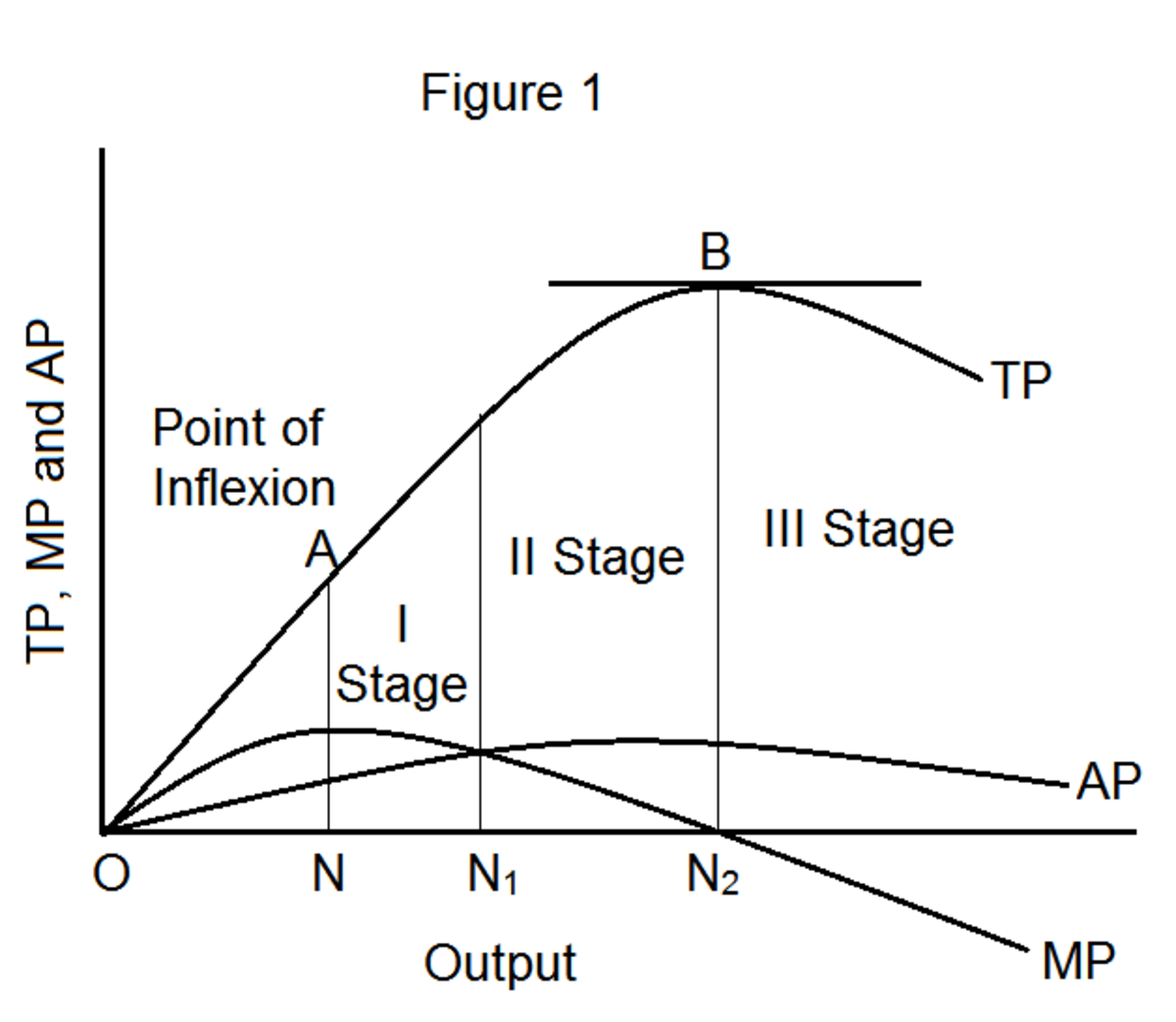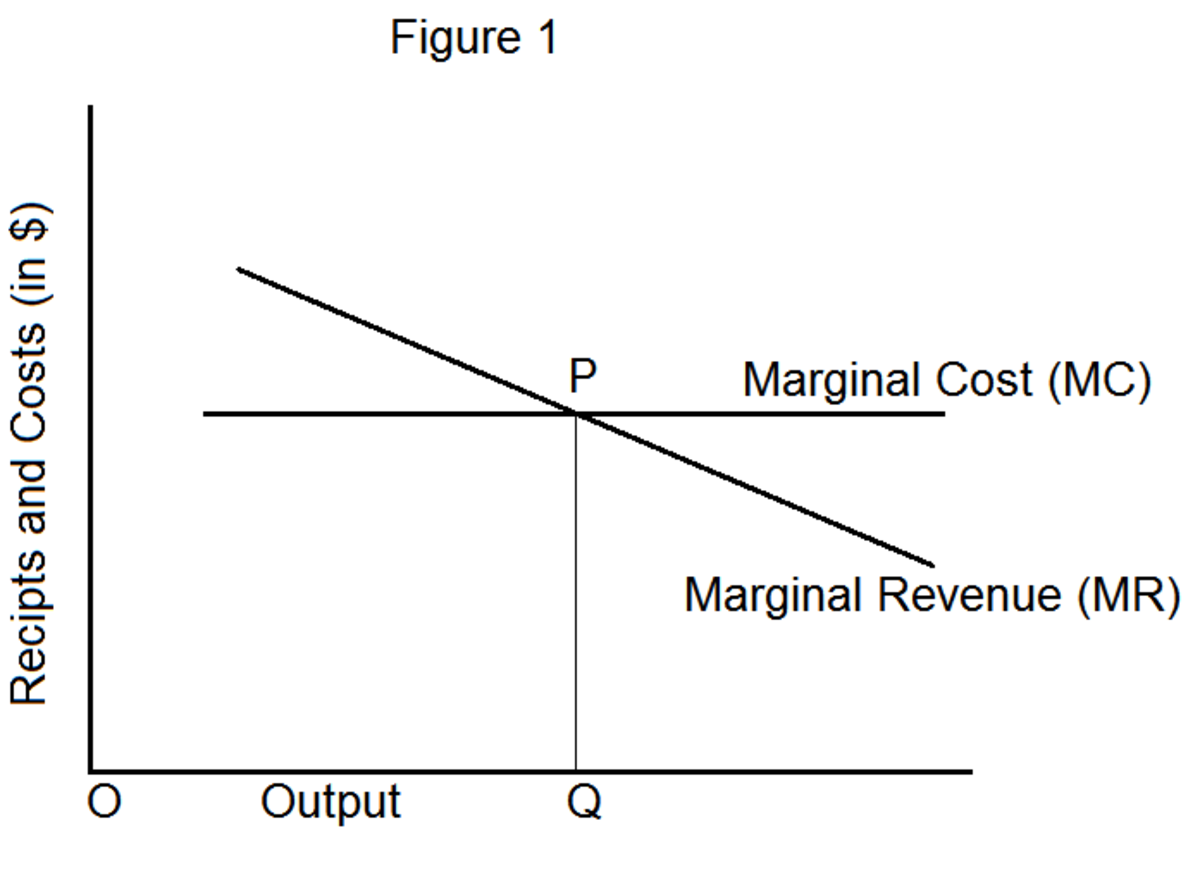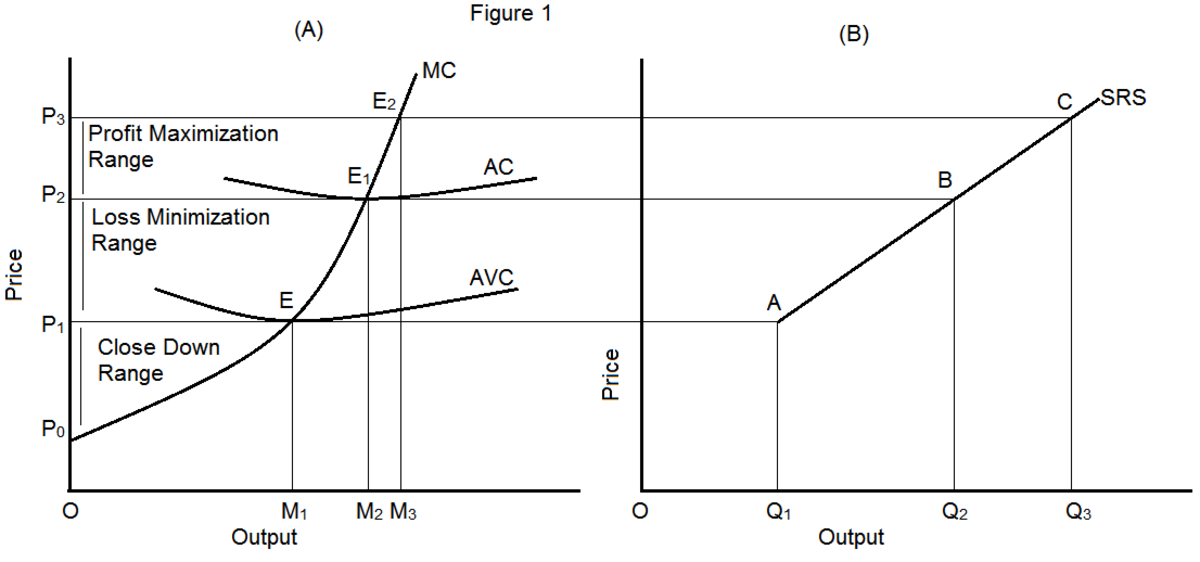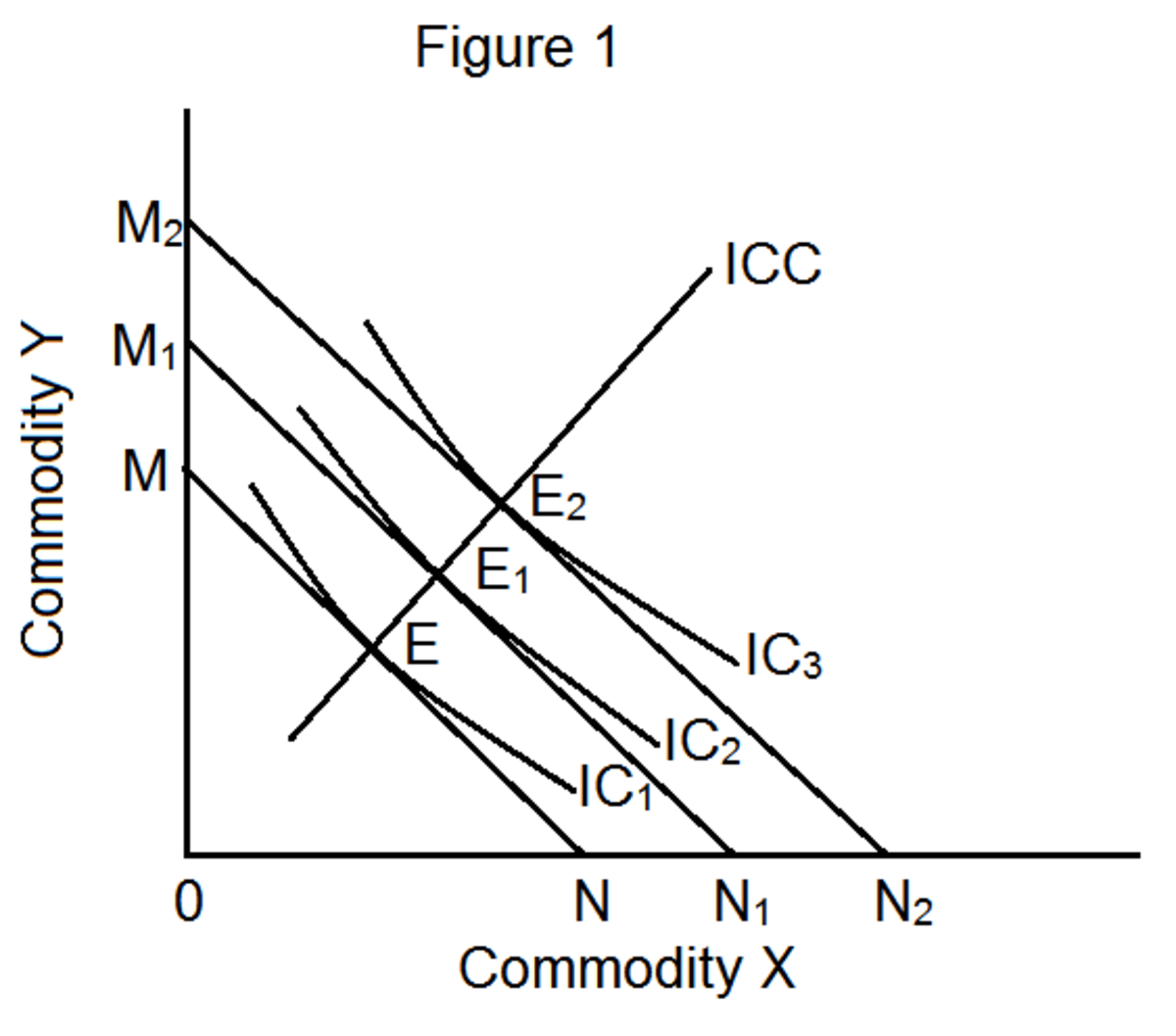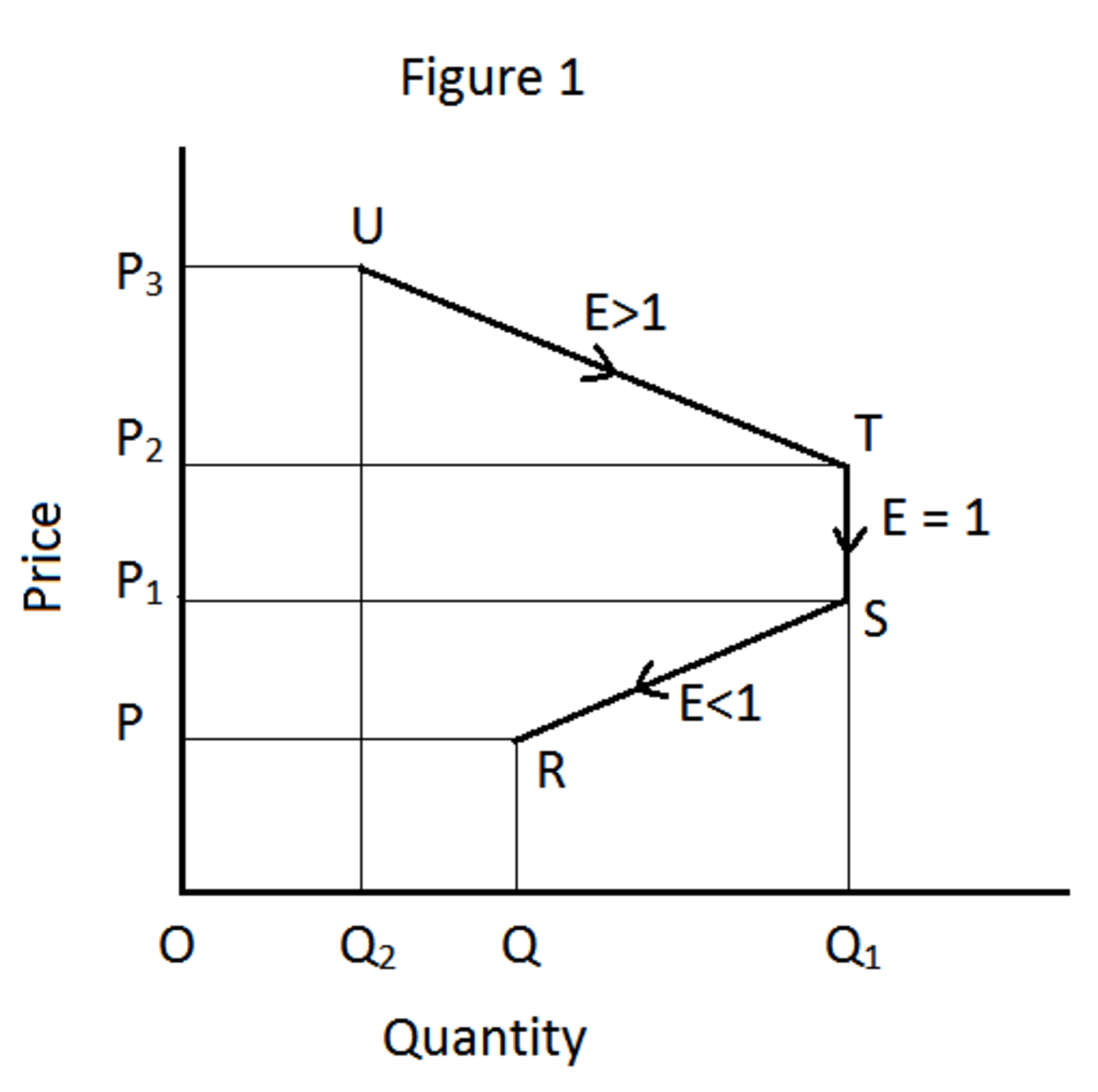Understanding Economics: Monopoly as a Profit Maximizer
Goal to Maximize Profit and Monopoly
As rational people, we embark on something that’ll benefit and won’t cause any burden on us. Since we live in a “monetary world”, everything is simply about money, and we want to earn more of it, so we engage in businesses. That is why every business exists with one ultimate reason, and that is to earn or gain profit. Monopoly, as a business model, has the same paradigm of maximizing profit. If a monopoly fails to gain any profit, positive and/or negative upcomings will begin to unravel.
Earning no profit at all, a monopoly may end up improving the level of the quality of goods and services it gives, heightening the productivity and efficiency of its production, increasing the prices of its goods and services and/or closing down the entire business.

Improving the Level of Quality of Products
Consumers want maximum satisfaction for products or services they avail. Low standards (of quality) will result to disatisfaction; and hence, consumers wouldn’t buy those goods, resulting to lower demand. Written in the “Monopolyo sa Elektrisidad”, firms resort to getting their power supply directly in NAPOCOR rather than in Meralco due to its poor quality of service. This phenomenon reduces the quantity demanded from Meralco, and therefore lessens the quanitity needed to be produced.
Less quantity produced means higher cost of production, thus results to reduction of profit. For Meralco to regain back its consumer, it needs to improve the quality of service it provides. As stated in “Operating profit”, same phenomenon prevails in the US; it’s citizens are turning their backs against their own hospitals. They go abroad and choose the services provided by foreign medical institutions (such as India and Singapore). Now the trend continues, and American health institutions are gaining less and less profit. However, there’s only one clear way to cure this ailing condition, and that is to reform their system and provide an exceedingly more satisfying services. In both scenarios, improvement must be done to reverse or hamper the unwanted phenomenon.

More Related Articles
- Law of One Price Application: Comparing Prices in Various Countries
Understand why prices among countries vary and be able to gauge your money's worth in various countries.
The Power of Monopoly to Increase Prices
In terms of production, when one firm doesn’t gain any profit, it only means one thing – the exterely high total cost in producing its goods devours the chance of the firm to earn profit. This signals the firm to take the feat in heightening its productivity and efficiency in production. It enables every input to be maximally utilized, minimizing the total cost in production. This provides more profit for the firm – money is saved rather than spent.
Monopolist, by definition, has the power to determine the price of the goods and services it supplies, hence when it stops gaining profit (or receives lower profit), it has the prerogative to increase the prices of its goods and services to make up for its “loss”, and although this will bring disruption to the consumers, including investors, the monopolist (e.g. Meralco) has no choice but to do so.
No Option But to Close
If all else fail, the monopolist will have no other options but to close down the entire business. Being the sole supplier, this will drastically impair the economy. In addition, having no local suppliers would lead us to one alternative, and that’s importation. Imported goods, as we all know, cost more, and with the continuous demand, the country would have no choice but to import, fracturing the economy even more.
This same paradigm may also be applied in the case of oil industries under the price freeze regimen.
Monopoly in a Nutshell
When monopolists encounter zero profit, it may result to positive outcomes such as improvement in quality of their service and increase in productivity. Nevertheless, dreadful contra-outcomes may also arise. Increase in the prices of goods and services would impair the consumers, and closure of business may further damage the country including, not only the economy, but the whole citizens. This gives us the thought that prevalance of monopoly can eventually turn into a bliss but can also turn into a tragedy.


